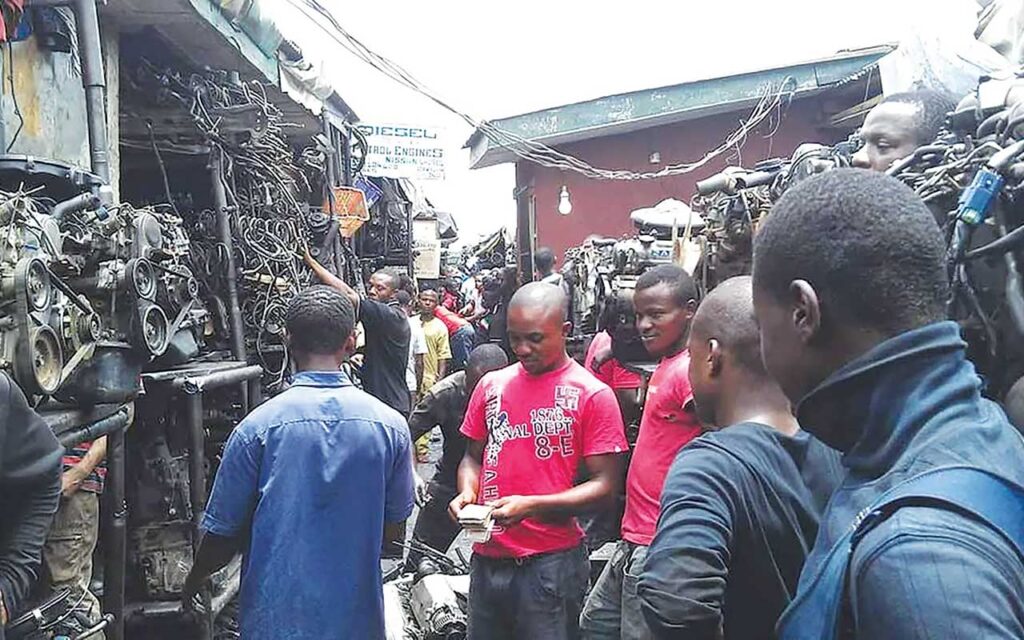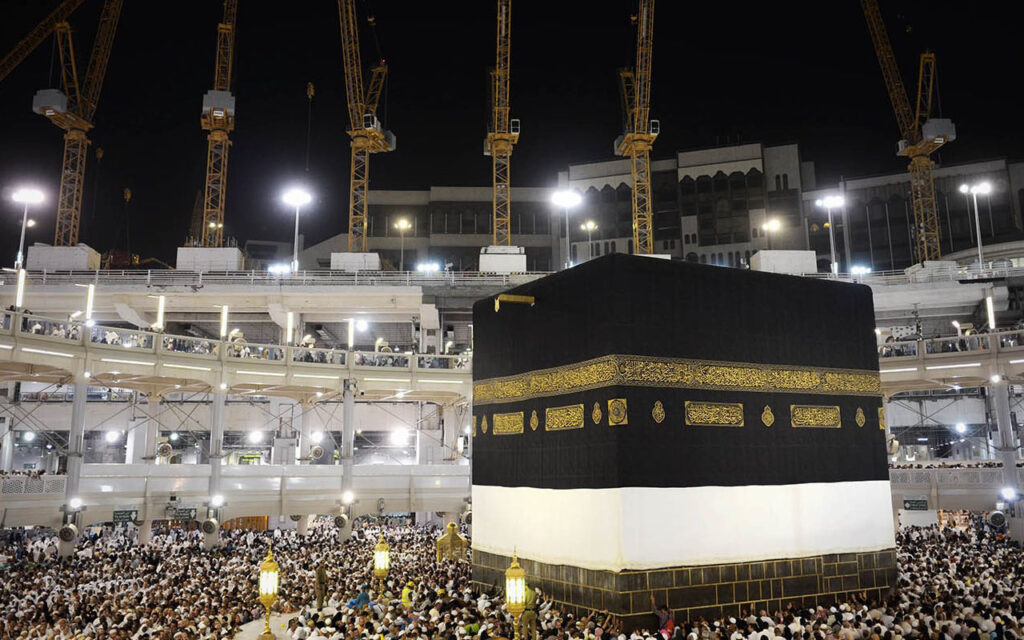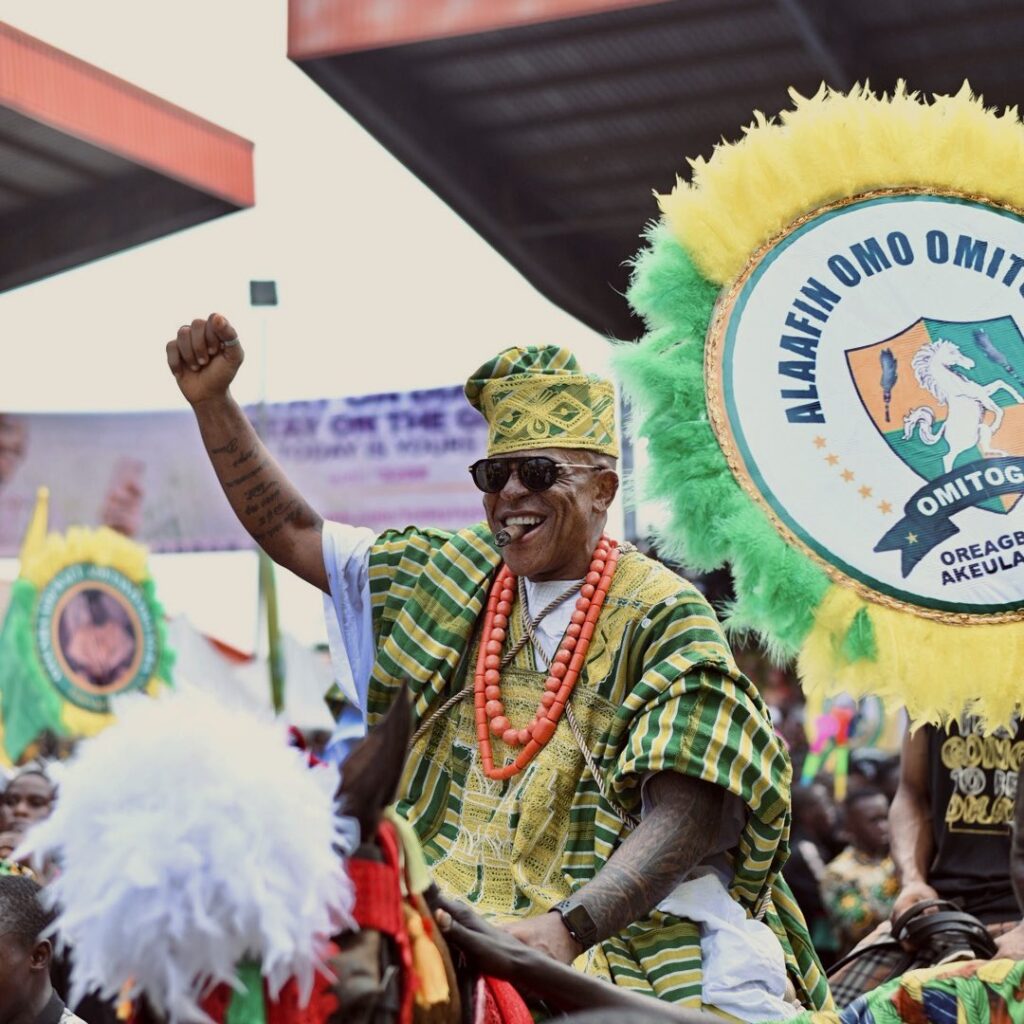[dailymotion code=”x81rif6″ autoplay=”yes”]
In Spite Of Challenges, We’ve Recorded Successes Since 2015 — Presidency
Providing the needed information can be a welcome relief in difficult times. The recent scorecard released by President Muhammadu Buhari-led administration no doubts is one of the best things that could have been being done during a season of disinformation.
Rather than pussyfooting, the government has diplomatically provided facts, which, when scaled, are sure to pitch people in different camps.
After spending six years in office, the Buhari administration said the tenure has positively impacted Nigerians in diverse ways.
The presidency cited the revolution in the agriculture sector, total war against corruption and provision of basic infrastructure across the six geo-political zones in the country as interventions that would outlive the present government.
It is also confident that the various investments would attract local and foreign investors, thereby creating job opportunities for Nigerians.
For instance, it said the establishment in 2020 of the Presidential Infrastructure Development Fund (PIDF) has attracted more than one billion dollars funding so far.
The administration also announced how the Anchor Borrowers Programme (ABP) of the Central Bank of Nigeria, launched on November 17, 2015, has made more than 300 billion Naira to more than 3.1 million smallholder farmers of 21 different commodities, including rice, wheat, maize, cotton, cassava, poultry, soya beans, groundnut, fish, cultivating over 3.8 million hectares of farmland.
“The Green Imperative is a Nigeria-Brazil agricultural mechanisation programme aimed at boosting agricultural production in Nigeria. The National Assembly has approved a loan for the financing of the programme, which will involve the development of 632 privately-operated primary production mechanisation centres and 142 agro-processing service centres across the 774 LGAs, and the reactivation of six privately-owned partially-operational or moribund tractor assembly plants nationwide. It will also train 100,000 new extension workers,” the presidency said.
Other areas the government also prides itself in is the Nigerian Sovereign Investment Authority (NSIA), which is said to have seen total additional inflows from the government of around US$2 billion since the original US$1 billion, which the fund kicked off within 2012. The launch of the Nigeria innovation fund, by the NSIA, as gathered, was positioned to address investment opportunities in the domestic technology sector, such as data networking, data centres, software, agro-tech, biotech, etc.
In 2016, President Buhari launched the National Social Investment Programme. The national social register of poor and vulnerable Nigerians has 32.6 million persons from more than seven million poor and vulnerable households, identified across 708 local government areas, 8,723 wards and 86,610 communities across the 36 states of the country and the FCT.
From this number, 1.6 million poor and vulnerable households comprising more than eight million individuals, in 45,744 communities from 5,483 wards of 557 LGAs in 35 states and the FCT are currently benefiting from the Conditional Cash Transfer (CCT) programme, which pays a bi-monthly stipend of N10, 000 per household.
“The administration’s Survival Fund has provided its grants (Payroll Support, Artisan and Transport Sector grants, and general MSME grants) to more than 800,000 beneficiaries, since the last quarter of 2020. It has also provided free business registration to more than 200, 000 MSMEs across the country,” the administration said.
The Federal Government also trumpeted its revival of the railway industry with the 156km Lagos-Ibadan standard gauge rail nearing completion; 327km Itakpe-Warri standard gauge rail, which is already completed and commissioned 33 years after construction began.
Still, on accomplishment in railway, it said that Abuja light rail has since been completed in 2018, while ground-breaking done for the construction of Kano-Maradi standard gauge rail, and revamp of Port-Harcourt-Maiduguri narrow gauge rail. It added that financing negotiations were ongoing for the of Ibadan-Kano rail project.
Away from the rail, the government stated that it has invested over a billion dollars in three flagship road projects, which are Lagos-Ibadan Expressway, Second Niger Bridge and Abuja-Kaduna-Zaria-Kano Expressway. Others are Executive Order 7 mobilizing private investment into the development of key roads and bridges like Bodo-Bonny in Rivers and Apapa-Oshodi-Oworonshoki-Ojota in Lagos
“Through Highway Development and Management Initiative (HDMI), a public-private partnership programme has mobilised, in its first phase, over a trillion naira in private investment into the development and maintenance of 12 Roads, amounting to 1,963km. More than 360 billion naira worth of Sukuk Bonds raised since 2017 for dozens of critical road projects across all six geopolitical zones,” the government said.
It also said that the completion of new terminals for international airports in Lagos, Abuja, Kano and Port Harcourt ports were landmarks that need to be celebrated.
“There is the construction of new runway for Abuja and Enugu international airports; presidential approval for four international airports as special economic zones across Lagos, Kano, Abuja and Port Harcourt, as well as approval for new private-sector, funded deep seaports: Lekki Deep Sea Port for completion in 2022; Bonny Deep Sea Port; Ibom Deep Sea Port; and Warri Deep Sea Port.
“We have succeeded in the nationwide rollout of electricity metres to all on-grid consumers that were launched in August 2020. The Central Bank of Nigeria is providing N60 billion for the first phase, with a target of one million metre installations. So far, more than 500,000 meters have been delivered to the Discos, and more than 280,000 installed.
“Nigeria Electrification Project (NEP) has provided grants for the deployment of 200,000 solar home systems, impacting one million Nigerians,” the government said.
On the national social housing scheme, the presidency said that more than two thousand (2,000) hectares of land with titled documents have been given by 24 States for the Buhari administration’s Social Housing Programme, with the capacity to accommodate about 65,000 new homes.
It explained: “Under the National Social Housing programme, Nigerians will be given at least a 15-year period with a monthly payment at 6 per cent interest rate, to pay for each housing unit.
“When this administration took office, Nigeria had only one functioning modular refinery. Today, there are at least six ongoing brownfield and Greenfield modular refinery projects across the Niger Delta. In 2020 President Buhari commissioned the first phase of the Waltersmith Modular Refinery, in Imo State,” the administration stated.
The government also said that it has committed more than N1.7 trillion of capital intervention to the country’s tertiary institutions, through various means, including TETFund – with the universities taking the lion share of the total amount.
Also achieved is the presidential approval for the establishment of the following the Federal Maritime University, in Delta State, Nigerian Army University, in Borno State, six new Colleges of Education (one per geopolitical zone: Odugbo, Benue State; Isu, Ebonyi State; Ekiadolor, Edo State; Gidan Madi, Sokoto State; Jama’are, Bauchi State; and Iwo, Osun State).
Others are six new Federal Polytechnics in Kaltungo, Gombe State; Ayede, Oyo State; Daura, Katsina State; Shendam, Plateau State, Ohodo, Enugu State; and Ugep, Cross River State.
Under the phased implementation of the National Youth Policy, six federal science and technical colleges were in 2020 established in Ogugu, Kogi State; Hadeija, Jigawa State; Umuaka, Imo State; Igangan, Oyo State; Ganduje, Kano State; and Amuzu, Ebonyi State.
“The administration has, since 2017, issued a number of landmark Executive Orders, which cut across Promotion of Transparency and Efficiency in the Business Environment (2017); Promoting Local Procurement by Government Agencies (2017); Submission of Annual Budgetary Estimates by all Statutory and non-Statutory Agencies, including incorporated companies wholly owned by the Federal Government of Nigeria (2017); Voluntary Assets and Income Declaration Scheme (2017); Planning and Execution of Projects, Promotion of Nigerian Content in Contracts, Science, Engineering and Technology (2018) and others.
“This government has extended more than N2 trillion in bailout packages to state governments, to enable them to meet their salary and pension obligations, especially in the face of dwindling oil revenues in the first three years of the administration,” it recalled.
However, analysts are of the opinion that the government may not have performed as it is being trumpeted. They pointed out that in many areas, the Buhari administration has failed.
In 2015, when Buhari took over power, the inflation rate averaged 9 per cent. In the past six years, the nation has seen a persistent surge in inflation rates, reaching the highest levels in four years. Data released by the statistics bureau has shown that Nigeria’s inflation rate has since skyrocketed amid an increase in food prices and poor purchasing power.
In March 2021, inflation rose to 18.17 per cent from 17.33 per cent recorded in February 2021. This represented 0.82 per cent points higher than the February figures, according to the Consumer Price Index report released by the National Bureau of Statistics (NBS).
Food inflation climbed to 20.57 percent year-on-year in January 2021, according to data released by the Bureau of Statistics, making it the highest in over 11 years.
They also point to unemployment. When the administration took over power in the second quarter of 2015, unemployment rate rose to 9.9 per cent in the third quarter of that year from 8.2 per cent in the second quarter, according to the National Bureau of Statistics (NBS).
They also noted that utterances from the presidency have contributed to reason for investors not to be interested in Nigeria, especially with the recent Twitter investment in Ghana.
Nigeria has gradually is losing investors to countries such as Ghana whose economies are smaller than that of Nigeria but which are higher on the World Bank’s ease of doing business list.
Nigeria’s food security situation remains precarious, even as life goes back to some semblance of normal, post-lockdown, with the share of households experiencing moderate or severe food insecurity remaining as high 68 per cent in August 2020, according to the NBS.
Inflation in Nigeria rose to 13.71 per cent year-on-year in September 2020, from 13.22 per cent in August 2020; a jump from 12.13 per cent in January to 13.71 per cent in September, the highest recorded in 30 months, according to the NBS.
To ensure a vigorous extension system and good agricultural practices, there is an urgent necessity for the improvement of agriculture yields via high-quality crop seed.
In addition, the agricultural policies formulated should be far-reaching in the area of safety guidelines for food production; it will reflect in food safety guidelines, such as the environment where the food is produced is carried out, the least requirements of rudimentary nutrients that must be part of food packaging, and the way and manner the consumable food are advertised.
The government of Nigeria should as a matter of urgency mechanise the agricultural sector for the purpose of bountiful cultivation and industrial development that will exploit agricultural produce to finished product will lead to a reduction of unemployment.
In the first three quarters of 2020, the data available, foreign direct investment into Nigeria trailed Ghana, which has an economy and population roughly seven times smaller. Nigeria ranked 131 on the World Bank’s ease of doing business list, compared to Rwanda at 38, Kenya at 56 and Ghana at 118. On paper and in practice, investors and tourists are increasingly choosing Ghana ahead of Nigeria.
In 2018, Nigeria recorded $1.9bn in FDI inflows, down sharply from $3.5bn in 2017.
Ghana, in comparison, recorded $3.5bn in 2018, up from $3.2bn in 2017 – a remarkable feat for a country with a population six times smaller than Nigeria.
One area, which Nigeria has done very well, is the creative industry – probably one of its best-performing economic sectors.
To support the creative industry and positively engage the youths, there was a presidential approval for the handover of the national theatre, Lagos, to the CBN and the Bankers Committee, for redevelopment into a world-class creative park serving the theatre, film, fashion, music, and ICT sectors. It said that the handover has been done, and redevelopment work, valued at about N20 billion has now kicked off.
In March, the nation’s statistics bureau reported that Nigeria’s unemployment rate rose to 33.3 per cent, translating to some 23.2 million people, the highest in at least 13 years and the second-highest rate in the world.
The figure jumped from 27.1 per cent recorded in the second quarter amidst Nigeria’s lingering economic crisis made worse by the coronavirus pandemic.
Unemployment rate in the country has more than quadrupled since the economy slipped into recessions, first, in 2015, and later in 2020.













